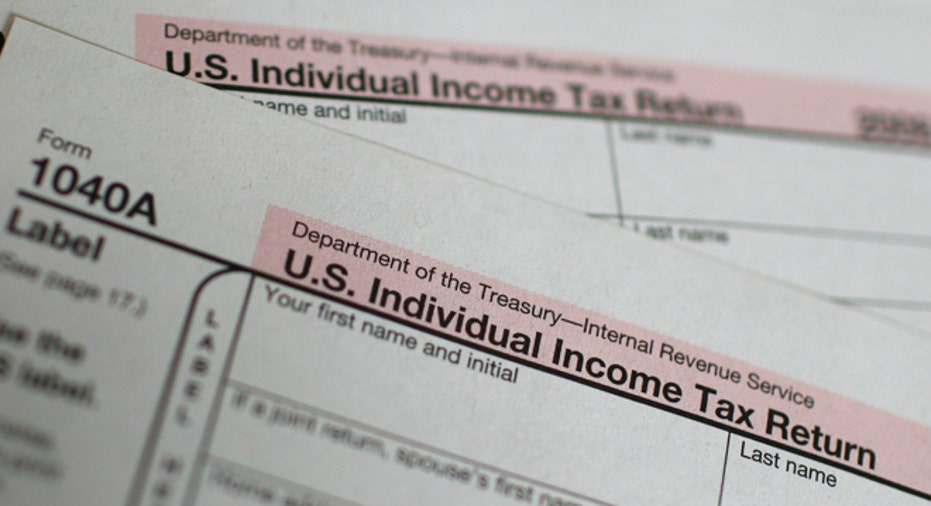5 Reasons to File Your Taxes Electronically

If you still paper file your federal and state income tax returns, you are missing out on the benefits of electronically filing. Listed below are five reasons the IRS claims that electronic filing is superior. Reconsider your approach this year.
1. Accurate and easy. IRS e-file is the best way to file an accurate tax return. The tax software that you use to e-file helps avoid mistakes by doing the math for you. It guides you every step of the way as you do your taxes. IRS e-file can also help with the new health care law tax provisions. The bottom line is that e-file is much easier than doing your taxes by hand and mailing paper tax forms.
When you paper file an income tax return, your numbers are keyboarded into the IRS system. The keyboard artist handling your return could very easily make some disastrous errors that could result in a tax liability that you really do not owe and which may take months to resolve. These errors could possibly cause your return to be flagged for audit.
2. Convenient options. You can buy commercial tax software to e-file or ask your tax preparer to e-file your tax return. You can also e-file through IRS Free File, the free tax preparation and e-file program available only on IRS.gov. Filing is free if you earned less than $60,000. If your income was greater than that, you still qualify to use free-fillable forms.
You may qualify to have your taxes filed through the IRS Volunteer Income Tax Assistance (VITA) or Tax Counseling for the Elderly (TCE) programs. In general, VITA offers free tax preparation and e-file if you earned $53,000 or less. TCE offers help primarily to people who are age 60 or older.
3. Safe and secure. IRS e-file meets strict security guidelines. It uses secure encryption technology to protect your tax return. The IRS has safely and securely processed more than 1.3 billion e-filed tax returns from individuals since the program began.
I have never heard of a hacking incident of IRS data. In fact, mailing a return has a much higher risk of theft. Your name, address and social security numbers including those of your spouse and dependents are right there for any thief to acquire and use.
4. Faster refunds. In most cases you get your refund faster when you e-file. That’s because there is nothing to mail and your return is virtually free of mistakes. Social security and name mismatches and other errors are immediately kicked out. Once you hit the button to e-file, be sure to periodically check the progress of the processing of your return. Some errors take 3-5 days to be detected and reported back to you.
The fastest way to get your refund is to combine e-file with direct deposit into your bank account. The IRS issues most refunds in less than 21 days. Early in the tax season, they can hit your bank account within 5 days! Beginning late February it begins to take longer. Last year, the average late season filing resulted in the direct deposit arriving within 10 days. But this year, with $900 million in budget cuts, it may take the IRS longer to process returns.
5. Payment flexibility. If you owe taxes, you can e-file early and if you owe, you can set up an automatic payment on any day until the April 15 due date. You can pay electronically from your bank account. You can also pay by check, money order, debit or credit card. Visit IRS.gov/payments for more information.



















